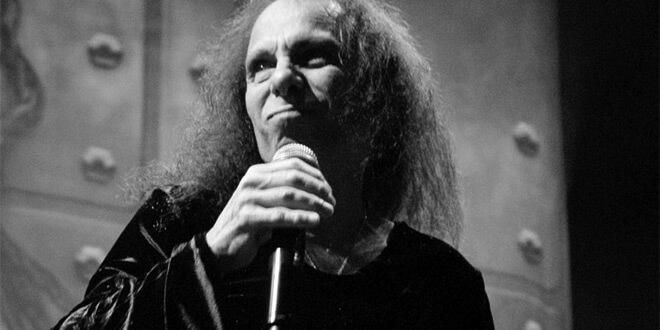
Ronnie James Dio
This article is written in accordance with the rules I’ve set for myself earlier this year…
Music lovers are genealogists. Finding an artist or a band that we love is exciting. What’s often more exciting is to look at their influences and see a filiation.
This is something that I have practiced since I was a kid, discovering the metal scene. But I didn’t do a great job.
I was aware of Dio and I gave Lock Up the Wolves a distracted listen back in 1990 or 1991.
The mistake I made, then, was that I was judging Dio’s music based on the sub genres I was into. I failed to realize that without Dio, my favorite bands (at the time) wouldn’t exist—or at least not in that form.
True admiration
I was not ready to like Dio as a kid because I didn’t know enough about metal history. There is a popular high school philosophy essay question, in France, based on a quote by Ernest Renan:
Absolute admiration is always superficial. No one more than I admire the Thoughts of Pascal, the Sermons of Bossuet; but I admire them as works of the seventeenth century. If these works appeared today, they would hardly be noticed. True admiration is historical.
It took me years of discovery—including studying opera—to appreciate Dio’s legacy: his voice, his themes, his lyrics, etc.
A note on the horns
I find it funny that one of the most iconic hand gestures in popular music (are there others, really?) is something that Dio inherited from his Italian grandmother. Other bands used it before (Coven or P-Funk) but the story Dio tells at the beginning this video is too precious not to mention here:
I’ll leave you with Holy Diver (1983) that hit US Platinum and UK Silver.